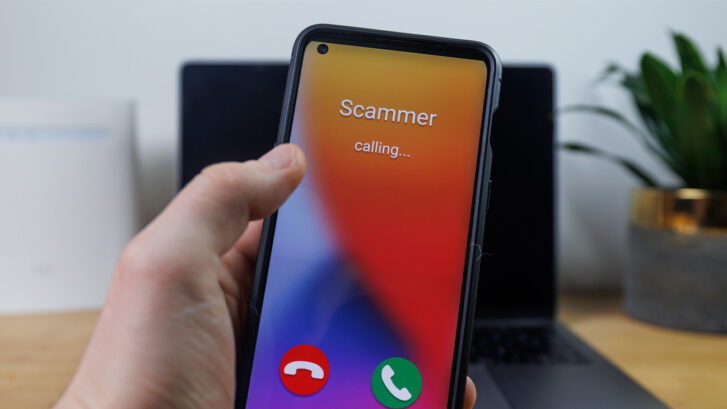Understanding and Combating Phone Scams in the US
In an era where communication technology has become ubiquitous, phone scams have proliferated, affecting millions of Americans each year. These scams not only lead to financial losses for individuals but also undermine trust in telecommunication systems. Recognizing the patterns of these scams and adopting preventive measures is crucial for safeguarding personal information and assets.
The Anatomy of Phone Scams
Phone scams typically involve fraudsters impersonating legitimate institutions, such as government agencies, banks, or well-known companies, to deceive individuals into divulging sensitive information or sending money. These scams leverage sophisticated tactics, including caller ID spoofing and pre-recorded messages, to appear more credible.
Common Types of Phone Scams
- IRS and Tax Scams: Callers claim to be from the IRS, demanding payment for alleged unpaid taxes under the threat of arrest.
- Bank Fraud Calls: Scammers pose as bank officials, alerting victims to fraudulent activity on their accounts to extract account details or personal identification numbers.
- Lottery and Prize Scams: Individuals are informed they’ve won a large sum of money or a prize but must pay a fee or provide bank account information to claim it.
- Tech Support Scams: Fraudsters allege to be tech support from well-known companies, claiming to have detected a virus or security breach on the victim’s computer.
Identifying and Responding to Phone Scams
Awareness and vigilance are key to identifying phone scams. Be skeptical of unsolicited calls, especially those demanding immediate action or payment. Legitimate organizations will not request sensitive information over the phone. If in doubt, hang up and contact the organization directly using a verified number.
Robocall Scams Exploiting Popular Brands
A significant portion of phone scams is conducted through robocalls, using automated systems to reach a vast audience quickly. According to a report by YouMail, a visual voicemail and robocall blocking service, these robocalls often exploit the names of popular brands to gain trust. The report highlights how scammers mimic the caller IDs of reputable companies, making it challenging for recipients to discern the legitimacy of the call. More details on these scams can be found at YouMail’s blog.
Preventive Measures and Solutions
Adopting preventive measures is crucial in the fight against phone scams. These include:
- Do Not Call Registry: Registering your phone number with the National Do Not Call Registry can reduce telemarketing calls, though it may not stop scammers.
- Caller ID and Call Blocking Apps: Utilize caller ID and call blocking apps to screen and block potential scam calls.
- Critical Awareness: Always verify the authenticity of callers claiming to represent companies or government agencies.
YouMail: A Robust Defense Against Scam Calls
For individuals seeking comprehensive protection against scam calls, YouMail offers an effective solution. YouMail’s advanced technology identifies and blocks scam and robocall attempts, safeguarding users from potential fraud. By replacing your existing voicemail, YouMail acts as a personal assistant, filtering unwanted calls while ensuring important communications reach you. Discover how YouMail can enhance your telecommunication security at www.youmail.com.
Conclusion
In conclusion, phone scams continue to pose a significant threat to individuals across the US. By understanding the nature of these scams and employing effective strategies and tools like YouMail, it’s possible to significantly reduce the risk of becoming a victim. Awareness, education, and the right technological solutions are our best defense against the ever-evolving tactics of scammers.
Stay Informed and Protected
In the battle against phone scams, knowledge is power. Staying informed about the latest scam trends and protective measures is essential for personal security. For individuals and organizations alike, adopting robust communication security practices and leveraging services like YouMail can make a significant difference in mitigating the risks posed by phone scams.





